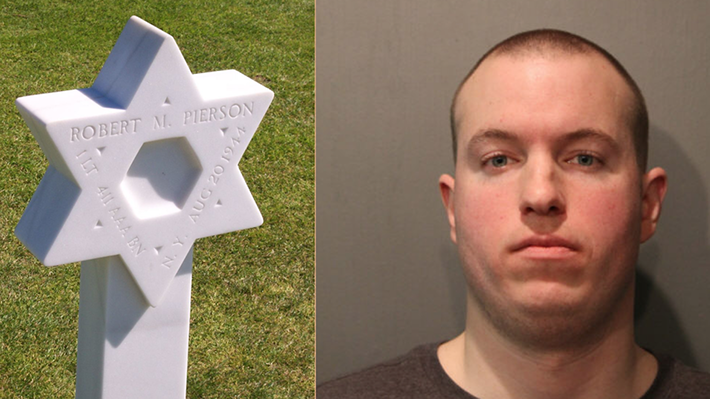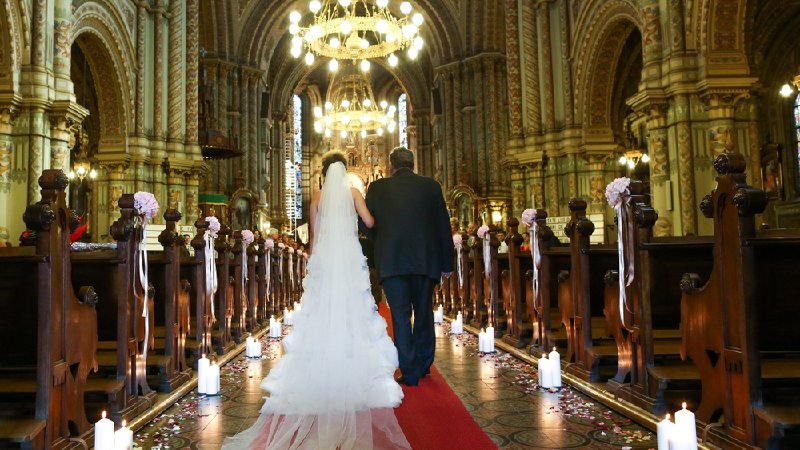
-
HOME
-
WHAT IS STANDOur Mission Our Values Our Help Contact
-
WHAT WE FIGHT FORReligious Freedom Religious Literacy Equality & Human Rights Inclusion & Respect Free Speech Responsible Journalism Corporate Accountability
-
RESOURCESExpert Studies Landmark Decisions White Papers FAQs David Miscavige Religious Freedom Resource Center Freedom of Religion & Human Rights Topic Index Priest-Penitent Privilege Islamophobia
-
HATE MONITORBiased Media Propagandists Hatemongers False Experts Hate Monitor Blog
-
NEWSROOMNews Media Watch Videos Blog
-
TAKE ACTIONCombat Hate & Discrimination Champion Freedom of Religion Demand Accountability
Pew Survey Answers the Question: Does Religion Matter?
Yes, you’re correct: people don’t feel as close to one another as they used to.
We now have tabulated data that supports this. A Pew Research Center survey of 24 countries released this month found that, out of all demographics, a median of 83% of adults say they “feel very or somewhat close to other people in their country.” In America, that middle value is just 66, making us the least likely among the nations surveyed to feel a bond or kinship with our countrymen.

When it comes to the local community—one’s neighbors and neighborhood, one’s school, park and public places—the American numbers are even worse: just 54%.
Those affiliated with a religion are 17% more likely to feel a connection with their neighbors than those who have no faith.
The survey offers possible causes, spotlighting political, age and income differences. But one factor stands out from the rest: religion. According to Pew, those who identify with a religion are 22% more likely to feel a sense of closeness to others—a finding that hammers home religion’s crucial role in nurturing human connection.
Those affiliated with a religion, moreover, are 17% more likely to feel a connection with their neighbors than those who have no faith.
Senior Pew researchers Janell Fetterolf and Stephanie Kramer comment, “This pattern aligns with previous research on interpersonal connectedness and philanthropy among religious people. Religious people tend to be more likely than nonreligious people to volunteer and give to charity.”
It’s one of those the-sky-is-blue-and-the-ocean-is-wet kind of things. When J. Milton Yunger describes religiosity in his A Scientific Study of Religion, he writes, “The quality of being religious implies two things: first a belief that evil, pain, bewilderment and injustice are fundamental facts of existence; second, a set of practices and related sanctified beliefs that express a conviction that man can ultimately be saved from those facts.”
By definition, then, a religious person believes there is a path out of human suffering, and is thus more inclined to help his fellows through charity and volunteerism, because he knows that help is possible. By helping his fellows, the religious person, in turn, comes to feel closer to those around him, his community and his country, a reality that the Pew survey bears out.
What happens when that religious component of believing that something can be done about it is missing? The answer to that question is the same as the answer to the question: “What happens when religion becomes unimportant to a person or a culture?” Scientology Founder L. Ron Hubbard wrote, “Religion is the first sense of community. Your sense of community occurs by reason of mutual experience with others. Where the religious sense of community and with it real trust and integrity can be destroyed then that society is like a sand castle unable to defend itself against the inexorable sea.”
All of which is to say: The verdict is in. A nation whose people do not value religion is a nation on the brink of disintegration.
Not that we needed someone to sound the alarm, but Pew has done better than that—it has provided proof of the inevitable, irrevocable and indestructible bond between a culture’s religiosity and its sense of community.









